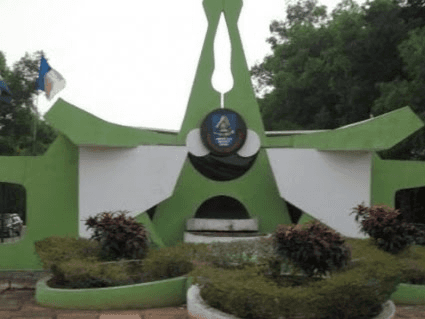Tinubu moves to overhaul education sector, orders a school census


Due to a lack of organised, verifiable, and authentic data on every aspect of Nigeria’s education sector, President Bola Tinubu has ordered an extensive census to identify fault points and aid in proper planning.
The presidential mandate, issued on Thursday, is anticipated to collect data on all schools in Nigeria, from primary to tertiary level, including current conditions and live-in facilities, proximity to one another, and infrastructure.
It will also determine the number of teachers in the country, their qualifications, training support received, the number of pupils and students in elementary, secondary, and tertiary institutions, gender, exam grades, and other factors.
The Federal Ministry of Education, which is currently under Mamman Tahir’s purview, would play a role in the process by hosting a portal or dashboard where crucial information will be released.
According to a statement issued by the Special Adviser to the President on Media and Publicity, the policy, known as DOTS (Data Repository, Out-of-School Children Education, Teacher Training & Development, and Skill Development & Acquisition), will thoroughly overhaul the education sector in order to improve learning and skill development, increase enrollment, and ensure the academic security of the nation’s children.
The presidency stated that the information gathered from the exercise will influence federal and state actions for teacher training and development, as well as overall support.
“It will also provide data on gender ratio (boys and girls), their specific learning needs, and who is in school or who has dropped out based on daily monitoring with year-by-year reporting.
“There will be a dedicated portal/dashboard in the Federal Ministry of Education, offices of state governors, and local government chairpersons, which will host and disseminate this information for the Federal Government, states, and local governments to monitor in real time.
“This new data tracking architecture will enable the government to track the progress of students, thus having a clear data-driven mechanism for interventions, especially concerning out-of-school children, girls, and those with specific learning disabilities, among others,” the presidential spokesman added.
On the challenges of out-of-school children’s education and training, the Federal Ministry of Education said it is already implementing the government’s policy through the activities of four of its agencies. With about two million beneficiaries already recorded.
Ajuri said the system-wide policy will further enhance the education and training of the nation’s out-of-school children.
Regarding teachers’ development and support the policy will support and train teachers in digital skills to facilitate the use of technology in classrooms. He said this is expected to bring technology and digitisation to teachers and learners at all levels of education.
“For skill development and acquisition for all levels, in our determined effort to enhance skill diversity in the education sector in order to effectively equip Nigerian students with the requisite skills, knowledge, and values to become functional and productive members of society, the president has also approved the National Skills Framework.
“The framework is designed to provide the appropriate skills for each level of education that will result in the empowering of generations of Nigerians with the required aptitude for the evolving needs of the global economy of the 21st century.
“This framework is expected to address skill-gaps, quality of education, and unemployment concerns as students will acquire certain skill sets, in addition to general knowledge.
“It is expected that once fully implemented, these programmes will succeed in resetting learning and connecting the ‘DOTS’ for significant improvement of the overall education system in Nigeria, in line with the Renewed Hope Agenda of President Bola Tinubu,” the presidency noted.








